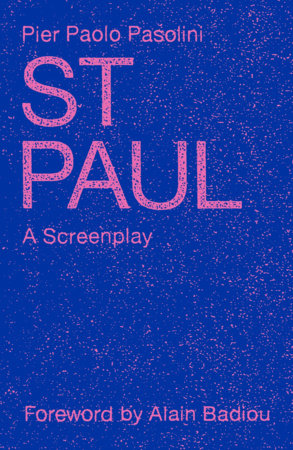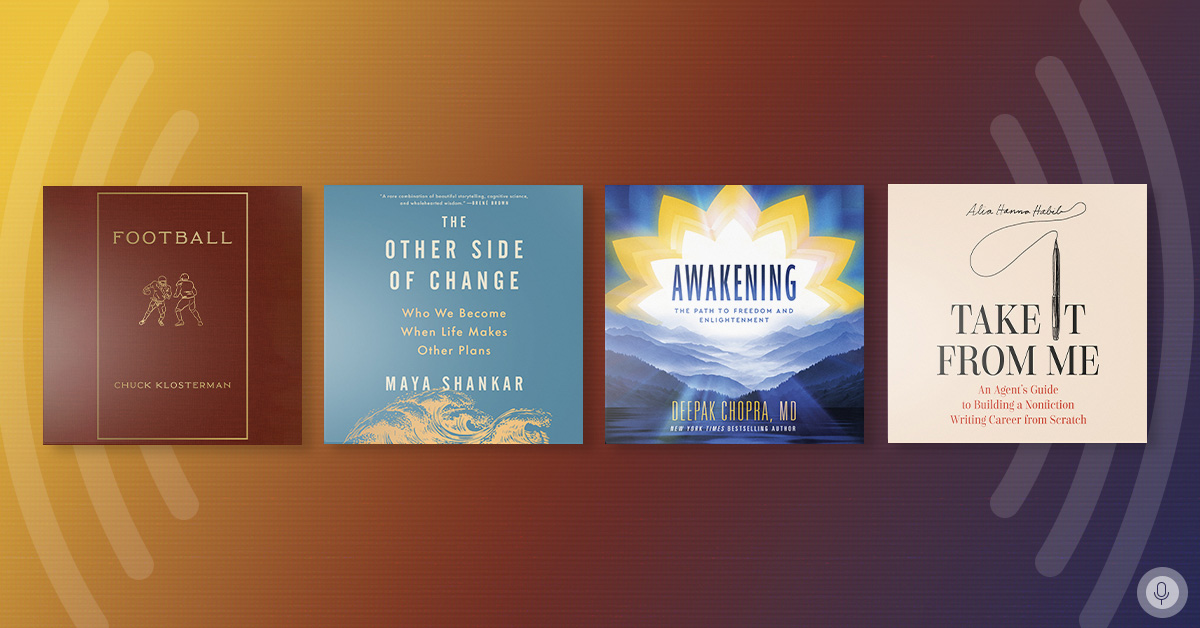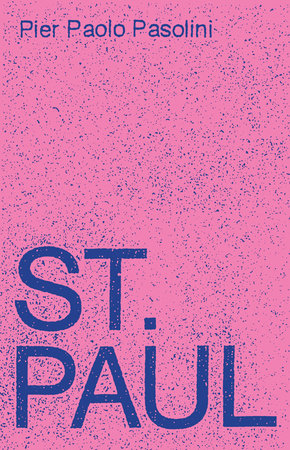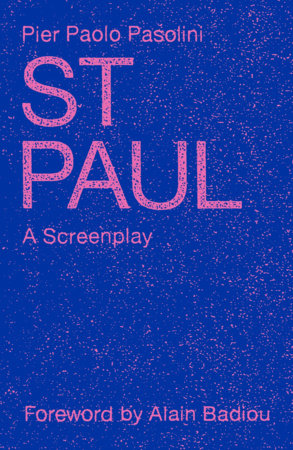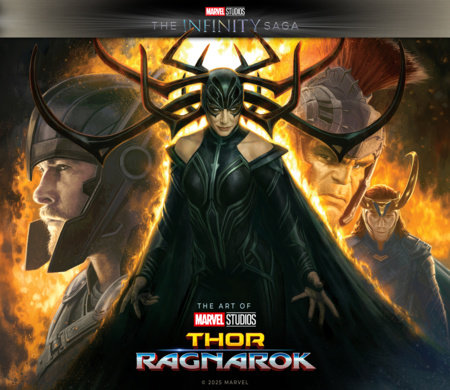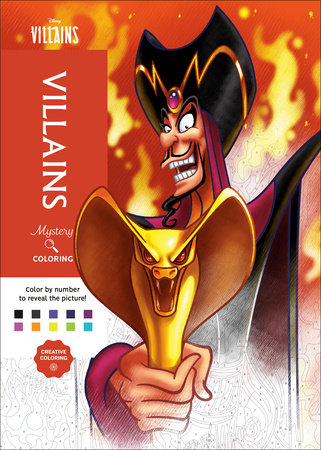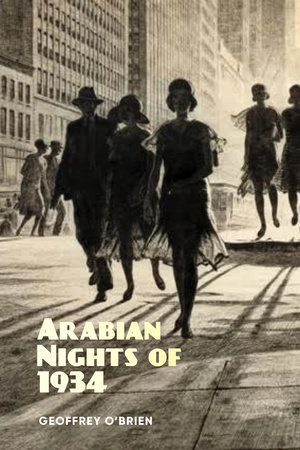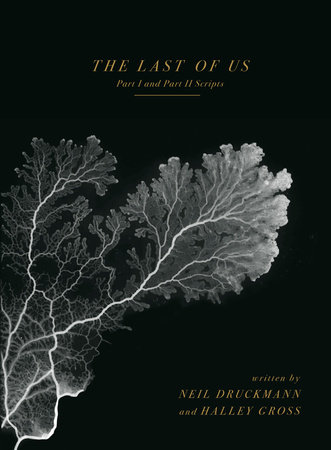“Line by line, Pasolini is both poet and precise and sneering Marxist.” — Eileen Myles, The New Inquiry
“Though Pasolini fans might lament the film that never was, Saint Paul, in its unfinished state, remains a burning polemic open to questions of our day.” — Genevieve Yue, The Times Literary Supplement
“A richly intertextual document that looks back to the New Testament and ahead to Paul’s contemporary rehabilitations like those of Alain Badiou (who wrote this volume’s forward).” — Cathy Lee Crane, The Brooklyn Rail
“Pasolini seems to me indisputably the most remarkable figure to have emerged in Italian arts and letters since the Second World War … His poetry is an important part of his passionate, proud, historically vulnerable body of work, a work in and with history; and of the tragic itinerary of his sensibility.”—Susan Sontag
“Pasolini was what can be termed a citizen-poet. He was concerned with his homeland and expressed his feelings in his work. Patriotic poetry usually comes out of a right-wing tradition and is nationalistic, but Pasolini’s great originality was to be a citizen-poet of the left … He wept over the ruins of Italy but without a hint of rhetoric. He was a modern who used the classical tradition. Rimbaud, the poet of the Paris Commune, the most revolutionary of poets, remained his greatest influence. In the years after the Mussolini dictatorship, he adhered, like many of his compatriots, to an unorthodox brand of communism, that was both Christian and utopian, and these feelings for the poor and underprivileged motivated his own poetry and films.”—Alberto Moravia, in the New York Times
“If today there is no more outside to capital, then we must discover within it and its social formations spaces of liberation that bring together anticapitalist practice and sexual freedom, poetry and history, which have the power eventually to create an alternative to capitalist society. Pasolini’s efforts set the bar high for realizing such a political concept of love.”—Michael Hardt
